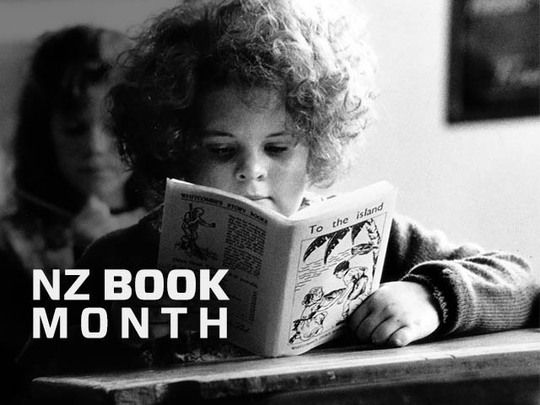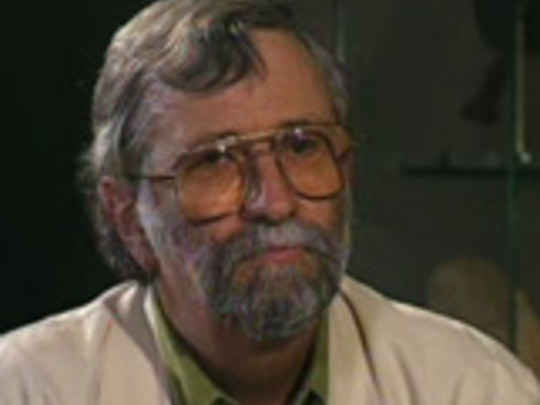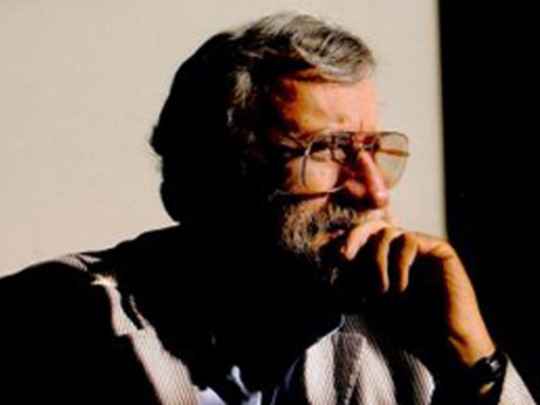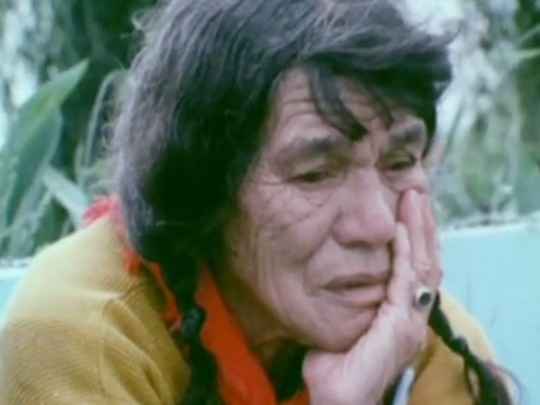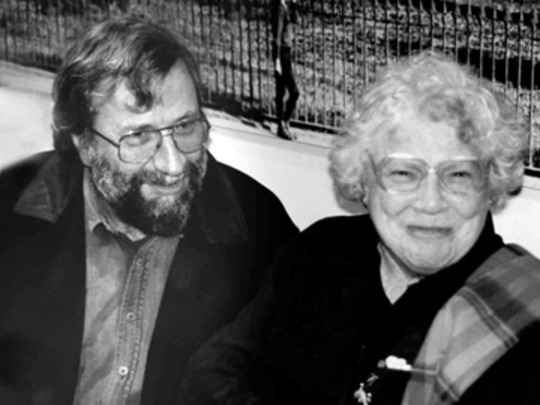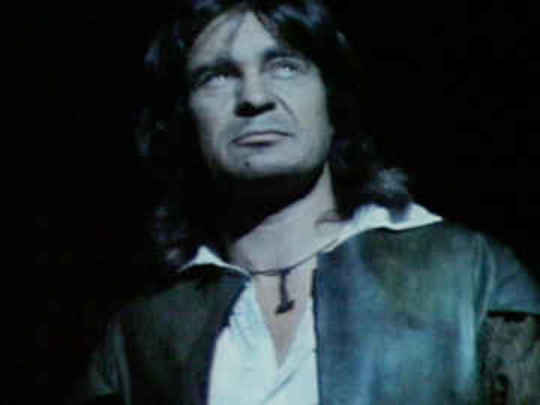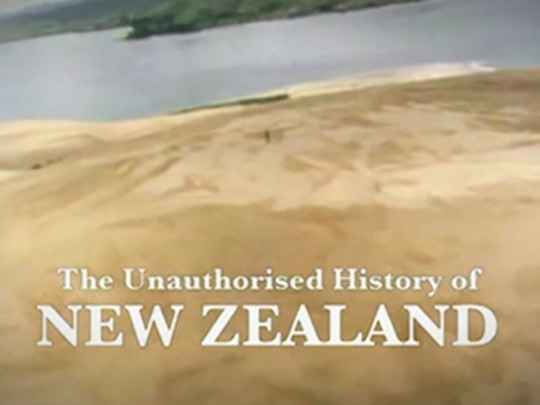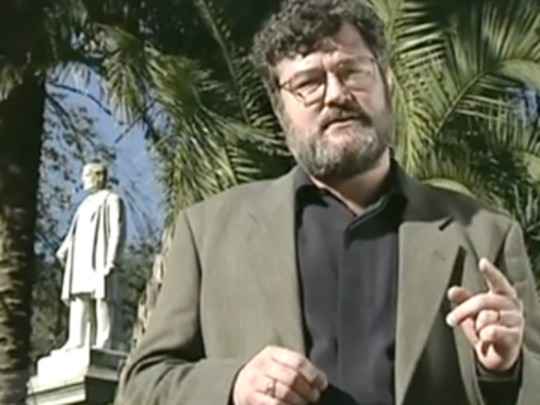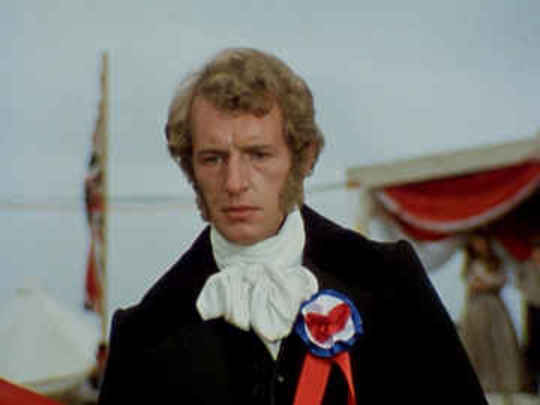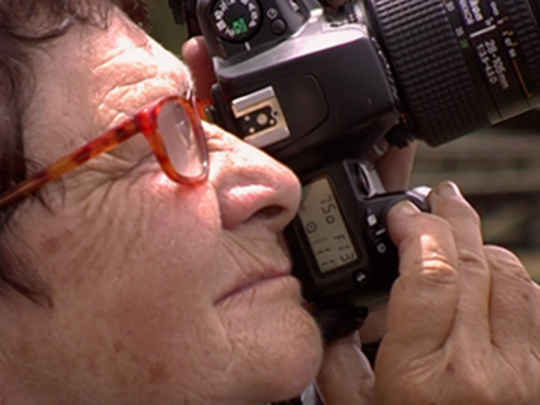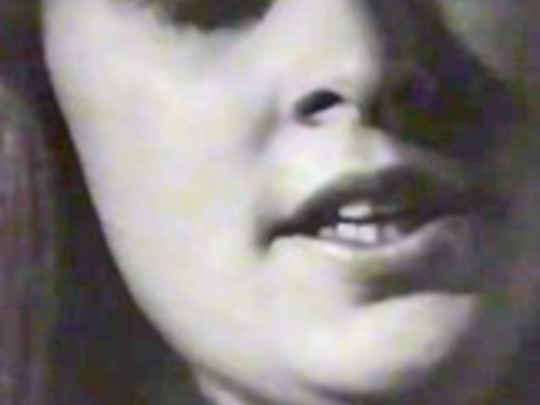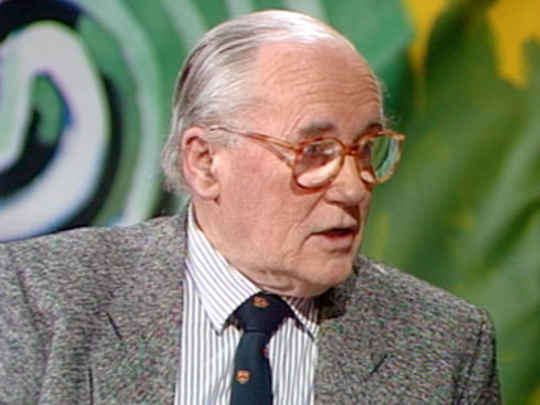...when you say Pākehā I think he was very much Māori [laughter]. In his manner he was very much Māori, because he felt it inside him, in his heart, because of the researching that he had done . . . in my eyes particularly, he was more Māori than Pākehā.
– Dame Whina Cooper's son Joseph, on whether there were worries that a Pākehā was writing Whina Cooper's story
It was absolutely critical that it be readable and accessible, that it be a single volume by one author, that it be the story of Aotearoa New Zealand. And he knew what he was doing, and he tackled it in that way. And it's the consummation of his writing, it's the consummation of his history.
– Publisher Geoff Walker on Michael King writing his bestselling Penguin History of New Zealand
I think he was hurt by the backlash. I think that he felt that he was writing both for Māori and for Pākehā, and I think he felt that it was as important for Pākehā — Pākehā like me — you know to learn about the contributions of someone like Te Puea, or Whina Cooper, as it was for Māori to know about it.
– Historian Jock Phillips on Michael King’s reaction to calls for him to step away from writing about Maori
He was totally passionate about his history, and unusually, he was passionate about New Zealand history. The basic tradition of history in New Zealand was that history was something that happened overseas. That New Zealand didn’t have any history.
– Historian Jock Phillips recalls meeting Michael King at Victoria University in the 1960s
People who don’t know where they come from, don’t know where they are, and they don’t know where they’re going. And New Zealanders have got to be coerced if you like, into learning and understanding more about their history.
– Historian Michael King, at the start of this documentary
The intention was that we would go in and let them talk, and follow the story the way that they wanted it followed. He was accustomed to going into marae, meeting houses and villages, and being prepared to spend days making contacts, waiting for people, drinking tea, just being part of the group — whereas if you’re working with a film crew, days cost money . . . that was part of the difference of working with Michael…
– Cameraman Keith Hawke recalls making landmark TV series Tangata Whenua with Michael King
He opened up a window on the Māori reality in a non-threatening way, and that’s why I was pleased when I saw those programmes, the Tangata Whenua series. And in a way I think he was pioneering the media to move in that direction. So he was a gamebreaker in a way.
– Academic Ranginui Walker on Michael King’s work on 1974 documentary series Tangata Whenua
...Michael really is…one of the founding fathers of the renaissance of Moriori history and culture, without a doubt.
– Chatham Islander Alfred Preece Junior on Michael King’s celebrated 1989 book Moriori - A People Discovered
I felt that even on this trip photographing moko, that I was with someone who was single-minded in his commitment. This was his chosen ambition, and he wanted to be a writer, and jhe wanted to be a historian.
– Photographer Marti Friedlander on observing historian Michael King's ambition, early in this documentary
...context is everything. If you don’t understand the context of history, you don’t understand New Zealand current affairs. For a historian, the one thing that’s good news about this current dispute is that it proves that history is 'now' and is New Zealand. You know [TS] Eliot said in the Four Quartets "history is now and is England". Well history is 'now' and is New Zealand, because everything that is happening now is a product of our history, and if you understand our history, you can understand what’s happening now without being threatened or frightened by it.
– Michael King reacts to National leader Don Brash’s inflammatory ‘Orewa Speech’, late in this documentary
..he was criticised again by Syd Jackson for daring to write things about Māori. And there is a kind of a myth abroad that Pākehās who write books on Māori are doing it for money, [to] make money. Well you don't get rich writing books.
– Academic Ranginui Walker on Michael King's 1983 book Whina
Within only a few weeks he found a completely new world running parallel with white Hamilton…the world of the Kīngitanga, of Tainui…
– Publisher Geoff Walker descries Michael King’s job as Māori correspondent for The Waikato Times, early in this documentary

